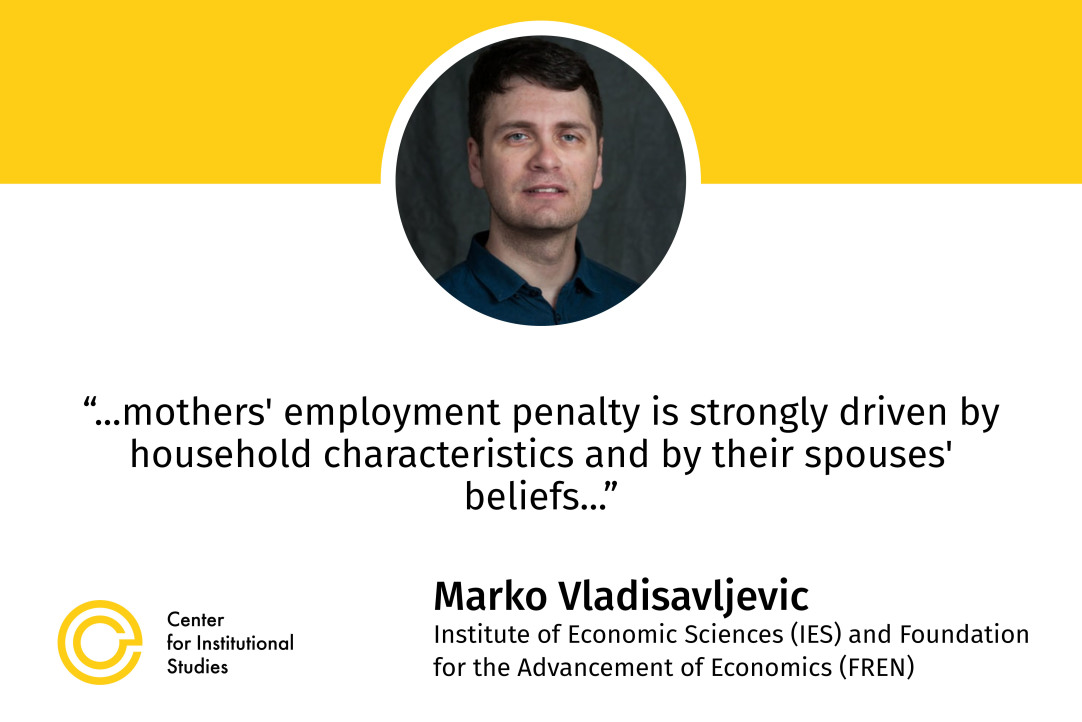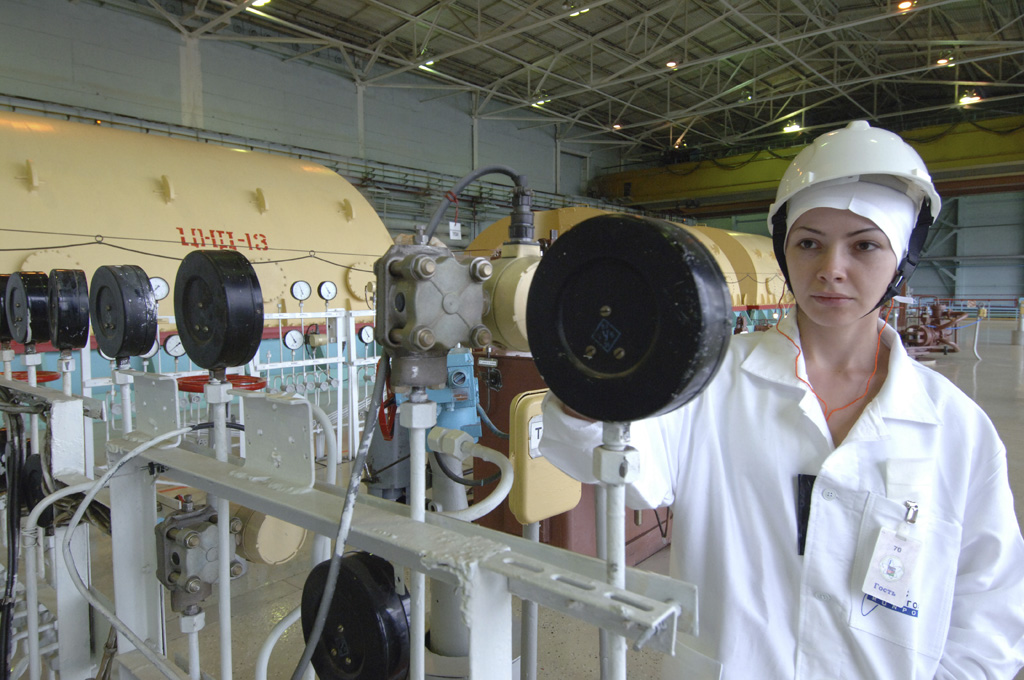Video Footage on the V International RLMS HSE Users Conference
Video materials on the V International RLMS HSE Users Conference held on May 28-29, 2021 within the framework of a grant provided by the Ministry of Science and Higher Education of the Russian Federation (No. grant: 075-15-2020-928) with the support of the National Center for Interdisciplinary Research of Human Potentialnow are available on our YouTube Channel. You can get aquainted with the Conference Program here.
Women`s Reproductive Health 2010 Data and Documentation
Women`s reproductive health 2010 questionnaire, codebook and dataset in English now are available for all registered users.
Seminar "The Impact of Economic Sanctions on the Russian Labor Market"
IZA-HSE University International Labor Seminar was be held on June 22, 2021.

CInSt Research Seminar "Child Penalty in Russia: Evidence from an Event Study": Marko Vladisavljevic (Institute of Economic Sciences (IES) and Foundation for the Advancement of Economics (FREN))
Marko Vladisavljevic (Institute of Economic Sciences (IES) and Foundation for the Advancement of Economics (FREN)) has presented his co-authored paper "Child Penalty in Russia: Evidence from an Event Study" on regular CInSt research seminar on May, 27

Big Five Predict Alcohol Consumption in Russia
Education can reduce drinking – but not as much as previously thought

Why Women in Russia Earn Less Than Men
On average, women in Russia earn 30-35% less than men. According to this indicator, Russia is ahead of many developed countries. The difference in earnings is primarily associated with the uneven distribution of men and women in different industries and professions, but economists cannot explain a significant portion of the discrepancy. Aleksey Oshchepkov, Assistant Professor of the Faculty of Economic Sciences at HSE University, came to these conclusions after analyzing research materials and survey data. The results are published in a chapter of the volume, Gendering Post-Soviet Space, recently published by Springer.
Constructructed Variables Datasets are updated
Datasets are updated with data from 28th Round of RLMS HSE.

Middle-Class Russians Reduce Spending When It Comes to Themselves but Not Their Children
Middle-class Russians are more likely to reduce spending on the development of their own human capital and prioritize investing in their children instead, particularly when it comes to their children’s education. This is evidenced by a study conducted by the Centre for Studies of Income and Living Standards of HSE University.

Russians Are Switching to Wine and Beer: Alcohol Consumption Patterns are Increasingly Dependent on Non-Economic Factors
Social class does not strongly influence the kind of alcohol Russians drink. Gender, age, education and place of residence are more important. For example, young people prefer beer, wines are primarily popular among women, and ‘moonshine in combination with other drinks’ are mainly consumed by the older age groups. This was the conclusion reached by HSE University researchers.

HSE University Experts Analysed How Personality Affects Earnings and Career Outcomes
Openness, friendliness, tenacity, motivation, risk-taking, self-control and other non-cognitive components of human capital can be important determinants of earnings. And parental investment in their children’s non-cognitive skills affects their future academic and career success. This is set out in the work of HSE University’s Centre for Labour Market Studies (CLMS).

